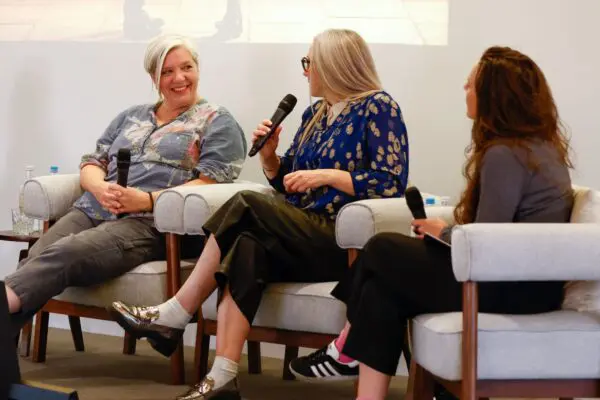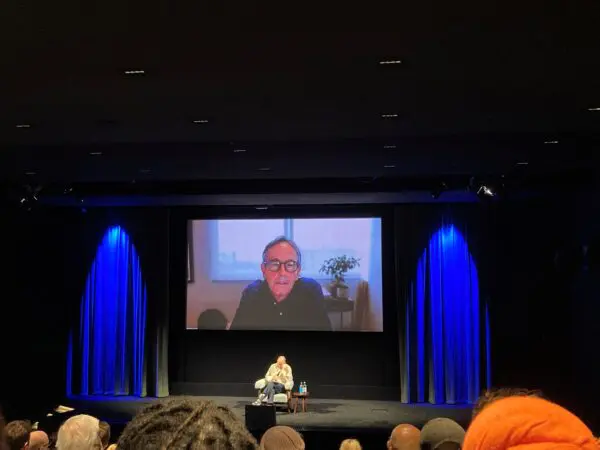Thinking about what will happen to the materials you choose to use on set after you are done is another way of having a big impact. Blair Barnette, production designer on You Were Never Really Here, explained how circular design, which means “anything that comes full circle”, is an empowering way to be more sustainable. She explains: “Often times when you are creating something you source the materials, you make what you’re doing, and you get rid of things and that’s where it ends. The circular economy is taking those items from something else that’s already been made and continuing its life on further… It’s not being wasteful and not letting something actively fall out of that circle, keeping your eyes on recycling and reusing those materials again and again.”
Molly Emma Rowe, costume designer on Bridget Jones: Mad About the Boy says a lot of starting the sustainability journey on set is “realising that ultimately the film industry isn’t sustainable”. She says “I think accepting that and accepting that you can’t do everything is a huge step…and working out what you can do and what you want to do is really, really valuable and not having to get disheartened because we can’t make what we do fully sustainable.” For example, when working on the latest Bridget Jones she pulled things from the archives of previous films for Bridget to wear as well as sourcing select items from local charity shops that felt like something her character would actually do too.











